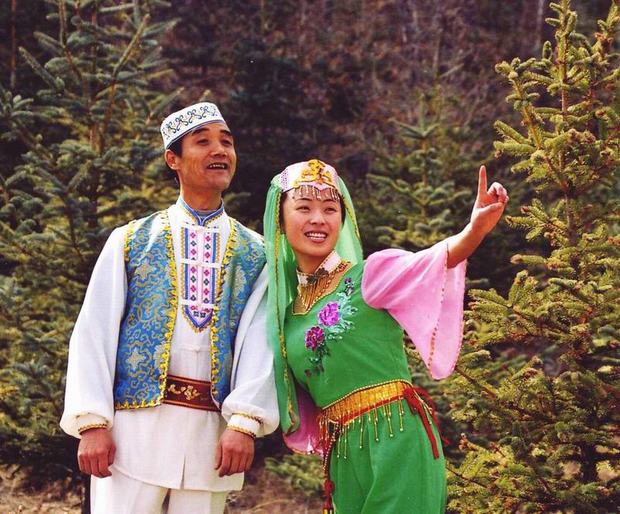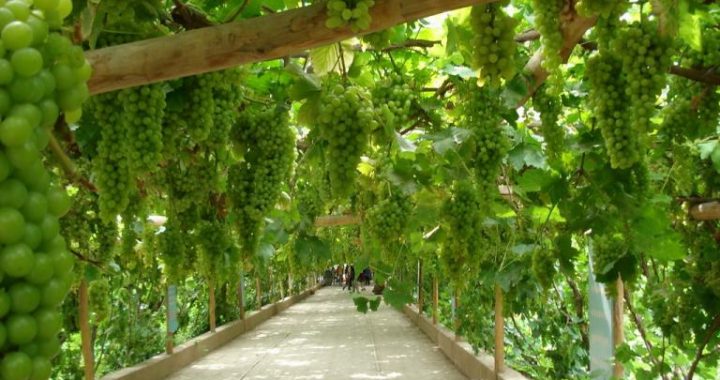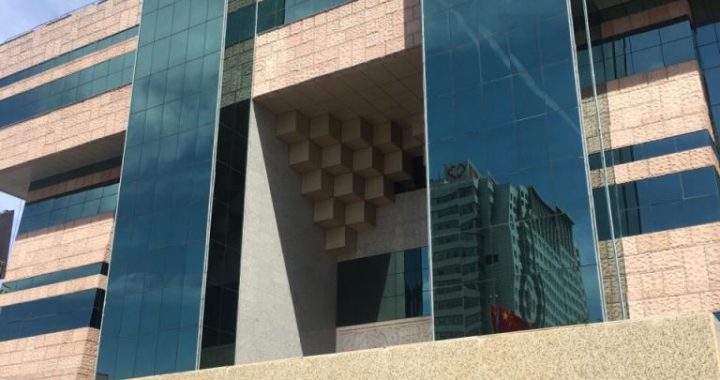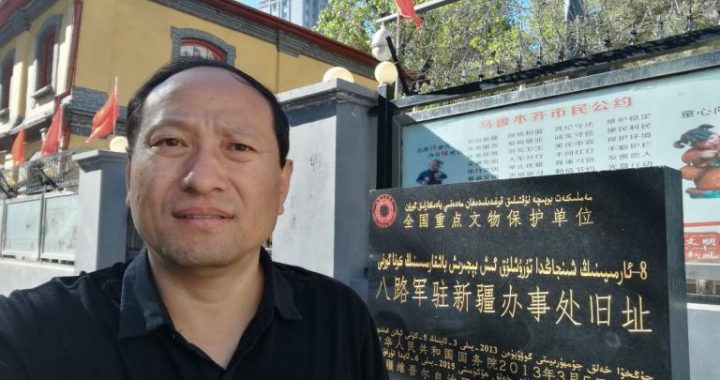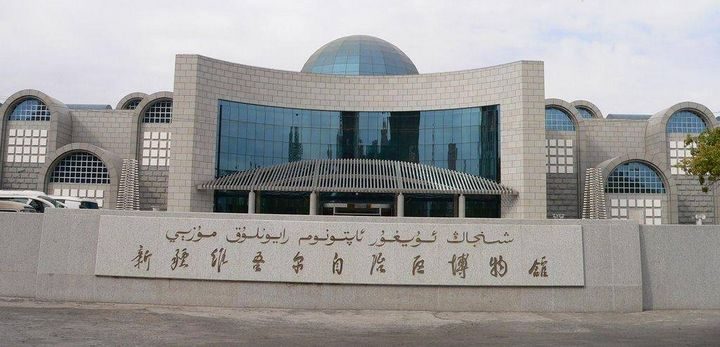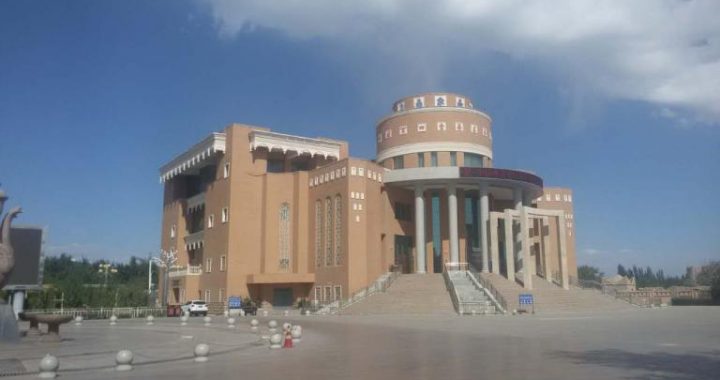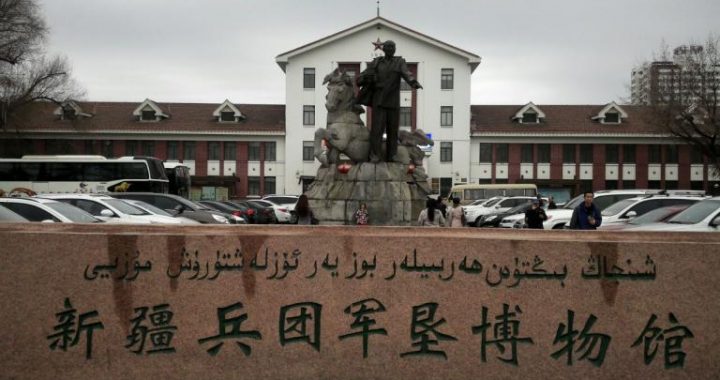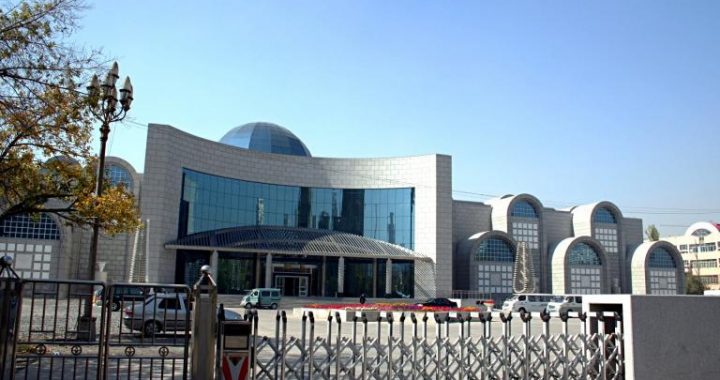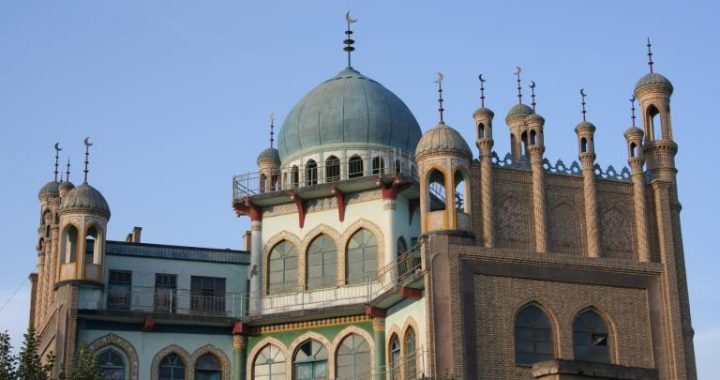Hui nationality in Ningxia of Xinjiang
3 min readCompared with other ethnic groups in China,the Hui people have a bigger population.In white or blue hats,the Hui people can be seen almost everywhere in China:working hard and scrupulously adhering to their religious rules.Actually,the majority of Hui people live in the Ningxia Hui Autonomous Region,some in Gansu,Xinjiang,Qinghai,Hebei,Henan,Yunnan,Shandong,Beijing and Tianjin.Today,the Hui people have a population of 9.81 million people.
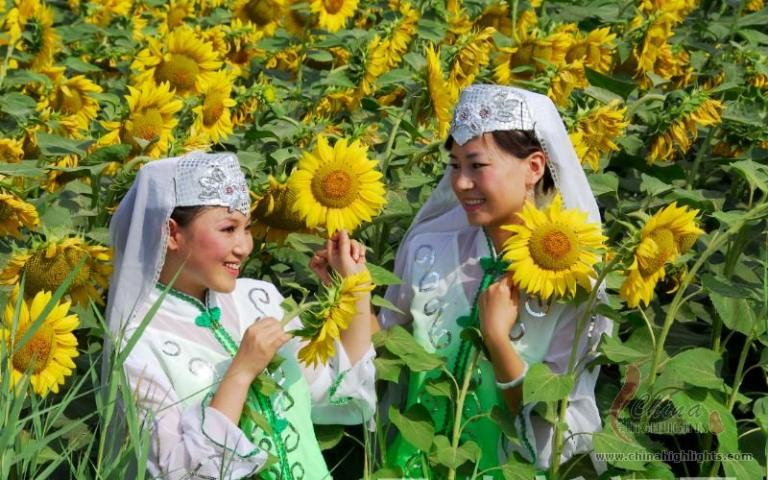
Chinese Hui people are pious Muslims and believe in the Islamic religion of the Sunni sect,praying five times a day in the direction of Mecca,saying shahadah.Every Friday,they go to their mosque for a religious service and every year they have a month-long Ramadan.A mosque is where they conduc their religious activities.Any Muslim with conditions makes a pilgrimage to the sacred Mecca at least once in his lifetime.Apart from major religious holidays like Id al-Adha and Lesser Bairam,they have other religious occasions during the year.
The Hui people abide by Islamic rules.Every year,they have a month-long Ramadan,during which they can eat as much as they like before sunrise.However,between sunrise and sundown,no food or drink is allowed,and personal desires of any kind,prohibited.Of course,babies,the weak,theaged,the sick and the pregnant are exceptions.The last day of Ramadan is Lesser Bairam,which fallson the last day of September by the Islamic calendar.That morning Muslims gather in the mosque for a religious service before they start their celebration.Id al-Adha is another major holiday that falls on the 10th day in December by the Islamic calendar,meaning”butchering livestock for sacrifice.”During Id al-Adha,all Islamic families would clean up their houses.All families that possess cattle would butcher some sheep,camels or oxen.In the morning of the festival,Islamic people would tidy their clothes after taking a bath and listen to imam’s interpretation of Koran in the mosques.After prayers and rites,all the families will go to graveyard to pay tribute to their late beloved on the day.
Muslims observe many rules in life:no partaking of pork,horse and mule meat or animal blood,no partaking of dead poultry or anything not butchered by an Islamic follower,and no baring of chests or arms before other people.
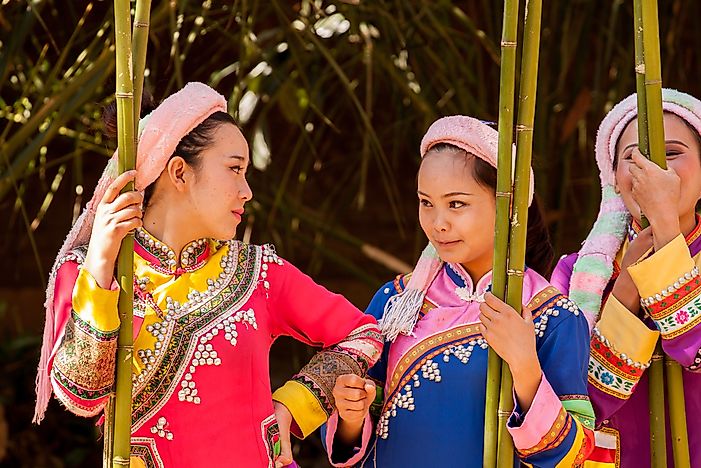
The Islamic culture is apparent in its architecture,the mosque(qing zhen si)being a fine example.
“Qing zhen”originally meant”simple and unadorned.”The Chinese Hui people have added more to its content,being pure,unsullied and everlasting.Their mosque is a place with more than just one purpose,it is a place for the Hui people to clean themselves,perform religious ceremonies and hold religious classes to spread Islamic knowledge and to train Islamic workers.The Chinese Hui people’s mosques fall in two categories:one in Arabic style with a dome on top,another in traditional Chinese architectural style,with upturned eaves and lock brackets.No matter what style,mosques are very clean inside,solemn and quiet,with painted plants and relief engravings of Koran and Arabic square-shaped inscribed boards on walls.
Their residential houses look similar to those of local Han people.In the countryside in China’s northwest,most of their houses are one level-either cave dwellings or brick-and-tile constructions.
Most of their houses face south to receive maximum sunshine.In mountainous areas in south Ningxia,the Hui people like to add another floor,commonly called”tall houses.”The added space is for a religious purpose and free from disturbance from children.On the lintels of many houses,words from Koran written in Arabic language,mostly being the eulogy to Allah,can be seen.Like their ancestors,the Hui people today still like to burn joss sticks,having moral guides inside their main room,sutra basins on each side,and a Koran ready for a service.Burning joss sticks at home has a dual purpose:one for a pure place and the other to expel evil air.
Hui people having traditional food and celebrating their 1d al-Kurban.
